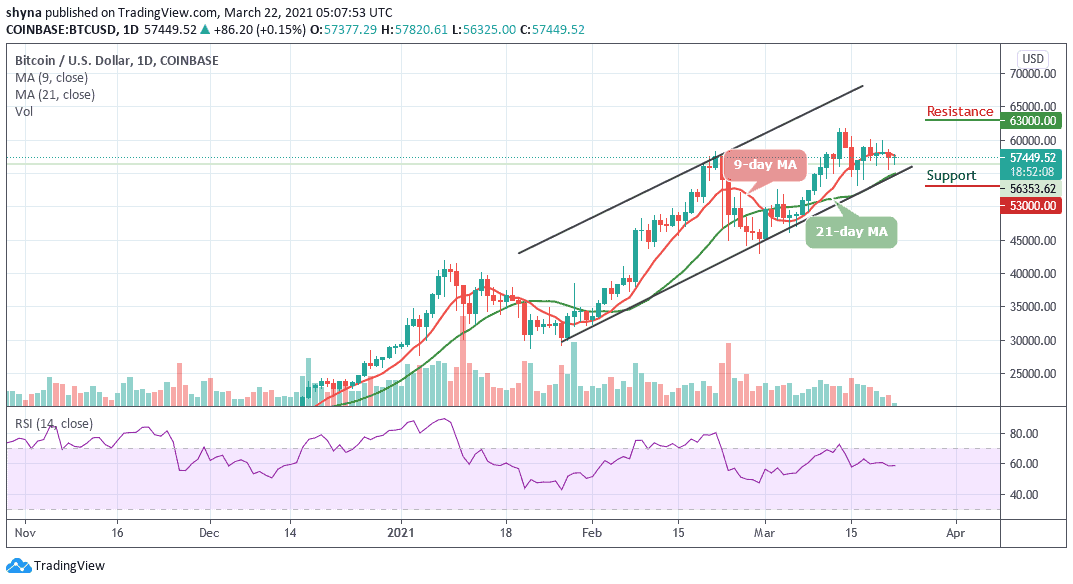Join Our Telegram channel to stay up to date on breaking news coverage
A representative of the Governor of the Central Bank of Nigeria (CBN) Governor Godwin Emefiele, has come out to clarify the regulator’s stance on cryptocurrencies in the West African nation. The official said the banks were restricted from providing crypto services, not individuals.
Crypto Trading Not Banned In Nigeria
The representative named Adamu Lamtek told local news outlet Today NG that the apex bank had only sought to protect financial institutions operating in the country from cryptocurrencies due to their volatile nature.
According to Lamtek, this decision does not transmit to a ban for private individuals who want to trade crypto-assets.
“The CBN did not place restrictions from the use of cryptocurrencies, and we are not discouraging people from trading in it,” Lamtek said, according to Today NG. “What we have just done was to prohibit transactions on cryptocurrencies in the banking sector.”
The clarification rides on the back of a backlash by the Nigerian populace who have said the central bank is myopic by failing to take advantage of the burgeoning industry. The CBN had reportedly instructed all commercial banks in the country to close down and discontinue providing crypto services to their customers in a circular.
Following year-long crypto purchases, the African giant became a crypto hotbed in as little as a year. Financial institutions have heeded the governing bank’s instructions and have taken measures to block financial services depicting cryptocurrencies.
Crypto Investors Troop To P2P To Trade Crypto
Danny Oyekan, CEO of investment firm Dan Holdings and social investment app Coins App, feels that this does not transmit to much. According to Oyekan, the government is not changing its position anytime soon on crypto, and the central bank cannot declare the embattled digital assets legal without the approval of the Nigerian Securities and Exchange Commission (SEC).
Oyekan is right in his assessment of the situation as crypto rightly falls under the SEC’s purview. In a September release of last year, the commission said it was providing regulatory guidance to the rapidly-growing industry due to a growing wave of illegal activities. The SEC said this was done in the investing public’s best interest and to promote market integrity and provide transparency.
The commission also seized the opportunity to classify crypto-assets as securities and said this classification is subject to debate by crypto exchanges and issuers. All digital assets will be treated as securities unless a crypto-facing business can prove otherwise to the SEC.
Even though popular crypto platforms like Luno have seen their businesses hit rock bottom following the CBN circular banning crypto earlier in the year, the country’s crypto space has not slowed down in any way. Instead, crypto investors have turned to peer-to-peer (P2P) platforms like Binance.
Crypto holders can buy and sell crypto-assets via over-the-counter (OTC) deals facilitated through crypto exchanges. Even though the average Nigerian is quite skeptical in trusting anyone with their money, the decentralized ethos of crypto originals like BTC has seen the nation embracing P2P and still playing an active role in the global crypto markets, Oyekan notes.
Join Our Telegram channel to stay up to date on breaking news coverage
